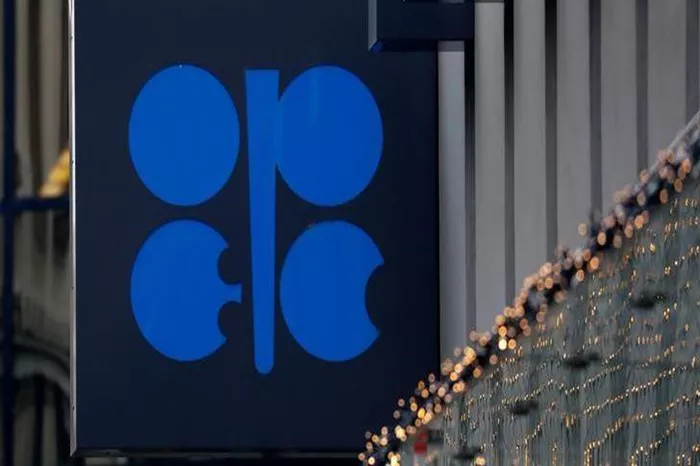The U.S. Senate budget committee has launched an investigation into nearly 20 major oil and gas producers amid accusations of collusion with OPEC to manipulate oil prices through production constraints.
Senator Sheldon Whitehouse raised concerns echoing allegations by the Federal Trade Commission (FTC) against Scott Sheffield, former CEO of Pioneer Natural Resources. The FTC accused Sheffield of conspiring with OPEC and OPEC+ members to restrict production and inflate oil prices during Exxon’s acquisition of Pioneer earlier this year. These allegations sent shockwaves through the shale oil sector, impacting pending consolidation deals under FTC review.
In a formal complaint in May, the FTC claimed, “Through public statements and private communications, Pioneer founder Scott D. Sheffield actively promoted anti-competitive coordinated production cuts among U.S. crude oil producers, OPEC, and OPEC+.” Sheffield promptly denied these accusations.
Now, the Senate has joined the fray, describing the FTC’s allegations against Sheffield as “significant revelations” and announcing plans to interrogate 18 companies. These include Exxon, BP, Shell, Chesapeake Energy, ConocoPhillips, Continental Resources, EOG Resources, Hess, Marathon, Occidental, Ovintiv, and APA Corp, among others. Notably, several of these firms are currently involved in mergers or acquisitions.
The Senate budget committee has requested these companies to disclose communications between their employees and OPEC regarding oil production levels, crude oil prices, and the nexus between production and pricing of oil products. The request spans from January 1, 2020, to the present, encompassing any interactions with OPEC+ producers.
This move underscores heightened scrutiny over potential anti-competitive practices within the oil industry, reflecting broader concerns about market fairness and transparency.
Related topics:
Saudi Arabia Signs Agreement with OPEC Fund to Support Economic Recovery
City Bank and OPEC Fund Partner to Boost Trade Finance
OPEC’s Decision to Increase Oil Output Risks Climate Goals, Analysts Warn

